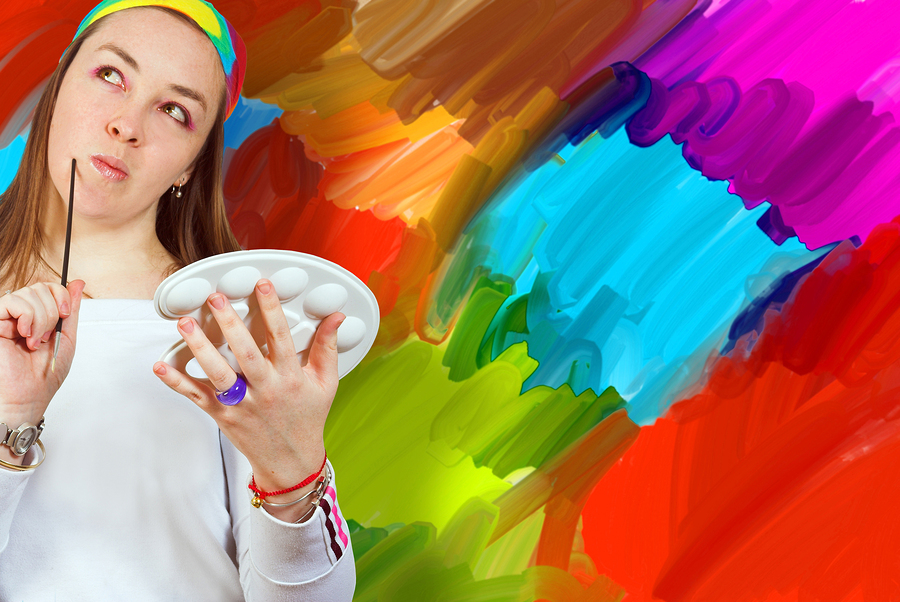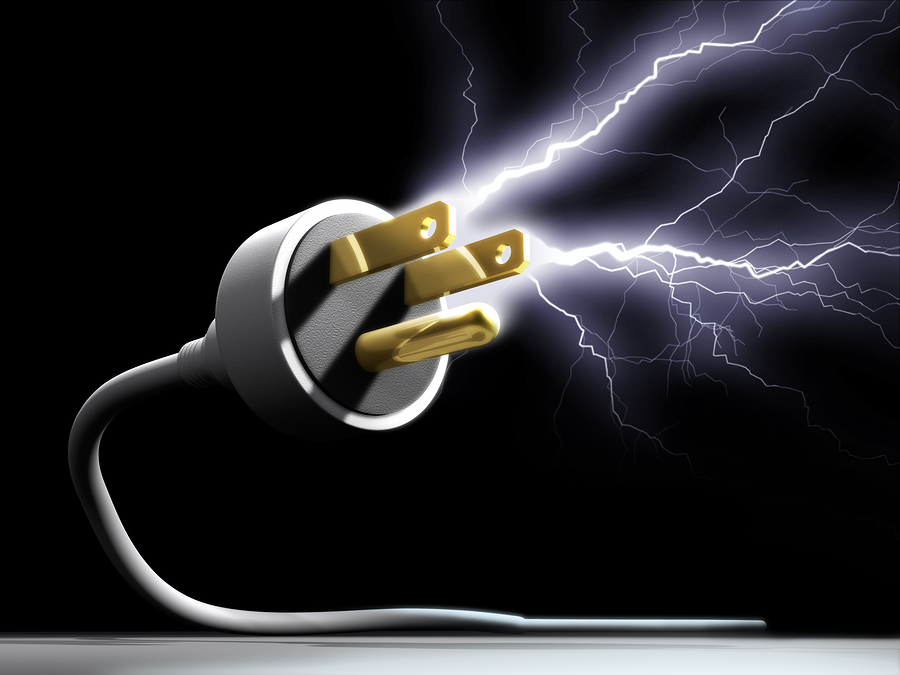How much planning do you need to do to complete your creative project?
 You might say a lot or very little. One of my jobs as a coach is to help my clients learn to ask the right questions. The correct answer is to plan well enough to get your project done. If you can figure out the spot-on questions you can usually find multiple quality answers. Einstein said it best, “Real genius is figuring out the right question.”
You might say a lot or very little. One of my jobs as a coach is to help my clients learn to ask the right questions. The correct answer is to plan well enough to get your project done. If you can figure out the spot-on questions you can usually find multiple quality answers. Einstein said it best, “Real genius is figuring out the right question.”
Taking the necessary time to sort out what you want to do involves many aspects of thought. These individual tidbits may be important to the outcome of your work. On the other hand maybe they won’t be helpful at all. What will make your work a success includes first taking the needed time to think through your project, and enough of the details, to come up with a good plan. Not a great plan or mediocre one, just one that is good enough to get the work done.
Another of my favorite Einstein quotes, “If I had an hour to solve a problem and my life depended on it I would use the first 55 minutes to formulate the right question because as soon as I have identified the right question I can solve the problem in less than five minutes.”
How do you know if you’ve spent too little time planning?
- Things don’t get done.
- You can’t find what you need.
- You’re feeling confused or like quitting.
- Your project is not getting done.
How do you know if you over planned?
- Things that are supposed to matter don’t get done.
- You can’t find what you need when you think you need it.
- You’re feeling confused or like quitting because you have a sinking feeling that you’re incapable of good work.
- Your project is not getting done to your satisfaction.
Ironically, the same things are on both lists with a slight twist, because not planning carefully includes over planning, which can also be a deterrent to a good plan.
Remember that a useful goal is to make a plan that is good enough. That means you need to focus on your project’s planning long enough to get clear about what you want to accomplish and no more.
A good enough plan might look like this:
- What do I want to create?
- How do I want to make it? What tools do I need? (Painting: canvas, paints, studio or Writing: laptop, dictionary).
- When do I want it finished? How will I know it is complete? (Writing out a realistic working schedule with just enough detail to get to work and stay there daily through completion of each task. I’ll know I am done when I have an edited 120 page manuscript).
- What will I need to do to stay focused and motivated? (Seriously what helps you concentrate and stay on task- music, coffee, silence, scents? These are very important tools).
- Who could help me? (Who are my supporters and those services that can keep me productive?).
- Where do I work on this project? (In a studio, office, desk, coffee shop-what works well enough for you to stay working?).
Notice: There are no why’s to waste time on.
At least not at this point in planning. If you get lost in the philosophical reasons or feelings of why or why not, your plan might not be on the right track for success. And if you really can’t sort them out or feel stuck, enlist the services a good coach to help you get on track.
Remember that a good plan is simple, focused enough, and written down for reference while you work. Do this and you will reach your goals!
Read more posts by Sandy Nelson, artist, creativity and life purpose coach, speaker and inspirational writer.





